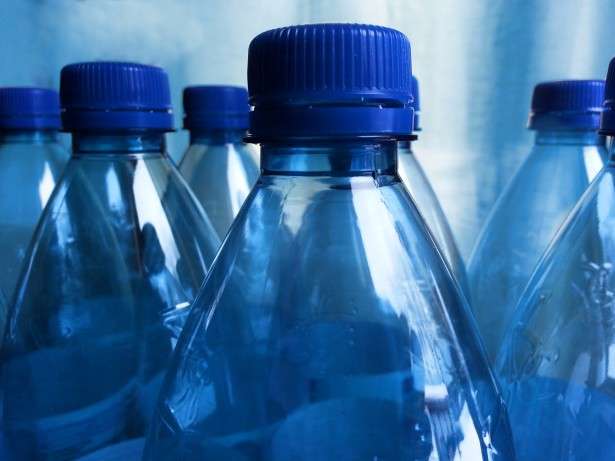Best of Last Week–Bacteria that eats plastic, Go champion beat by computer and blueberries fighting Alzheimer's disease

(Science X)—It was a good week for science and technology, as it was found that a newly discovered type of bacteria can eat plastic bottles—the finding, by a team in Japan, could help get rid of the more than 50 million tons of plastics that are discarded around the world each year. A team of engineers at the University of California conducted an experiment that showed magnetic chips could dramatically increase computing's energy efficiency—and thus, of course, drastically reduce energy usage. A team of researchers at the University of Michigan announced that they had developed a spray-on coating that could ice-proof airplanes, power lines and windshields—when used before icing conditions occur, the clear, rubbery coating could be used to prevent buildup on a wide variety of surfaces. Also, a team of
engineers at Iowa State University announced that they had developed a flexible skin that traps radar waves and cloaks objects—the meta-skin is able to manipulate electromagnetic waves and can be tuned to reduce reflection of radar frequencies. And a computer won a series against a Go champion—a software program developed by Google won its best-of-five match against Go grandmaster Lee Se-Dol.
In other news, an international team of researchers found that human influence on the climate dates back to the 1930s and that human activity was responsible for 16 record-breaking hot years. A team of researchers from the U.S. and Germany reported on the world's oldest chameleon, found preserved in amber—at approximately 100 million years of age, the chameleon is 78 million years older than the previous record holder. And a team at the Perelman School of Medicine announced that they had identified the cause of insulin resistance in type 2 diabetics—high levels of certain amino acids. Also, a team at the National Veterinary Research Institute in Poland found 57 different pesticides poisoned honeybees, some or all of which might be contributing to colony collapse disorder.
And finally, if you, like millions of other people, love blueberries, or have taken to eating them in light of reports that they help lower heart disease, you might be giving yourself an additional boost: A team of researchers presented their findings at the 251st National Meeting & Exposition of the American Chemical Society, suggesting evidence that the well-known 'super-food' could also help fight Alzheimer's disease.
© 2016 Science X